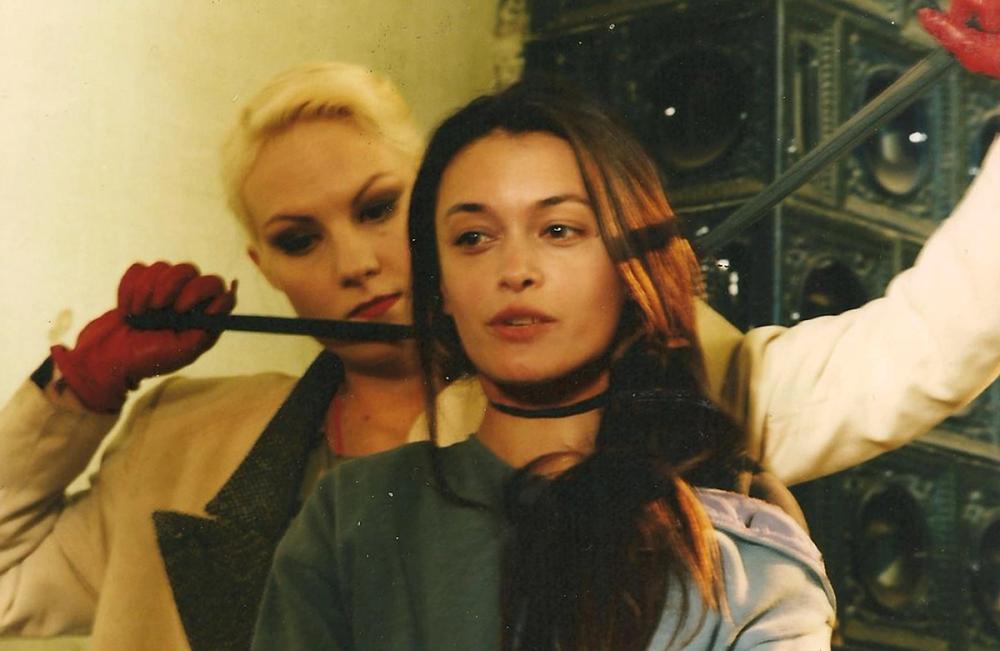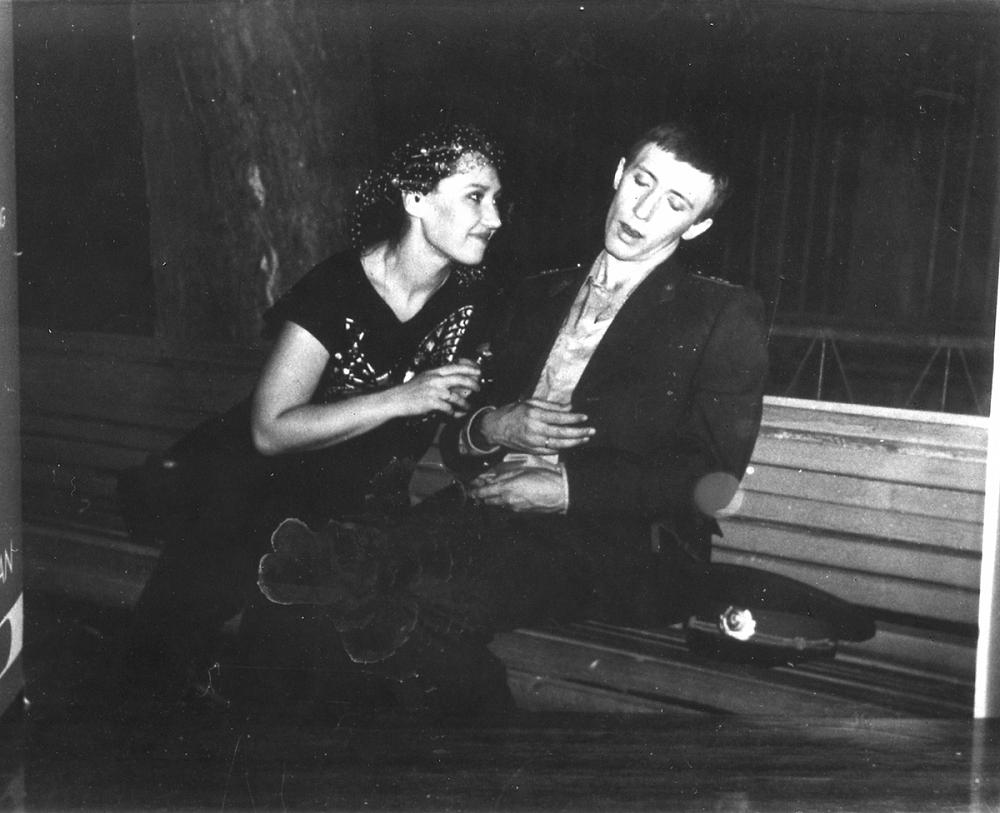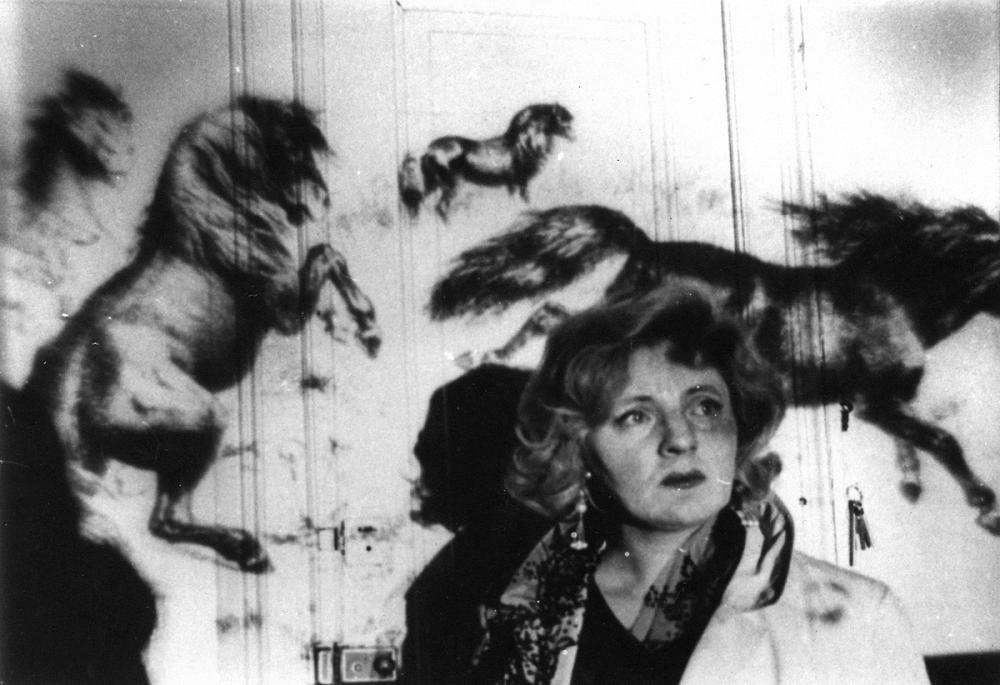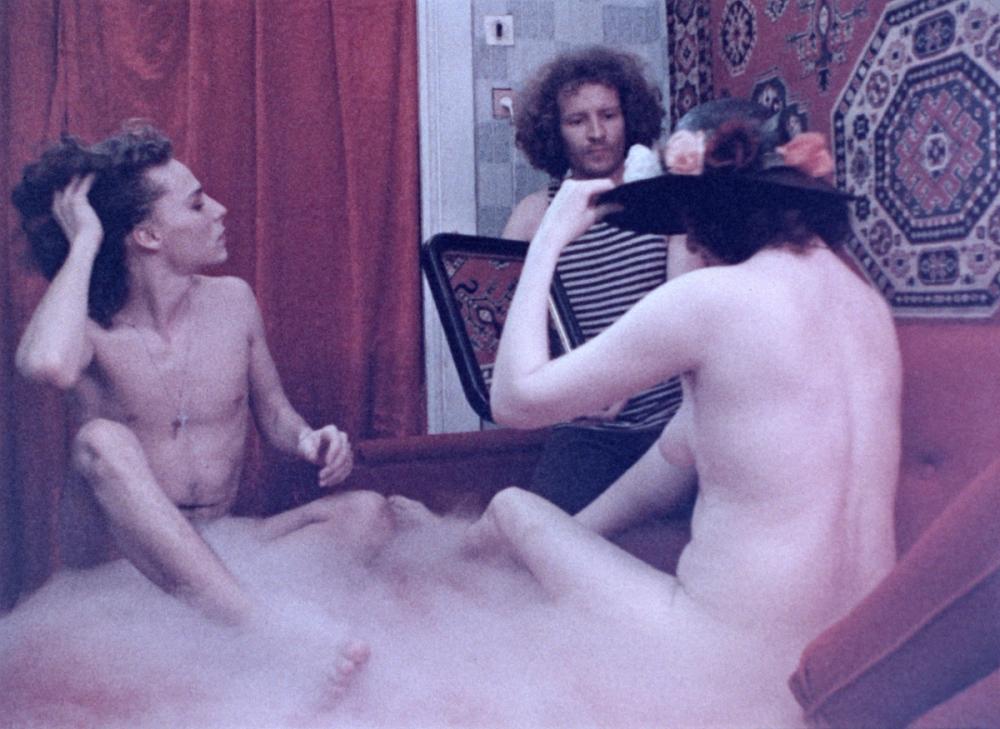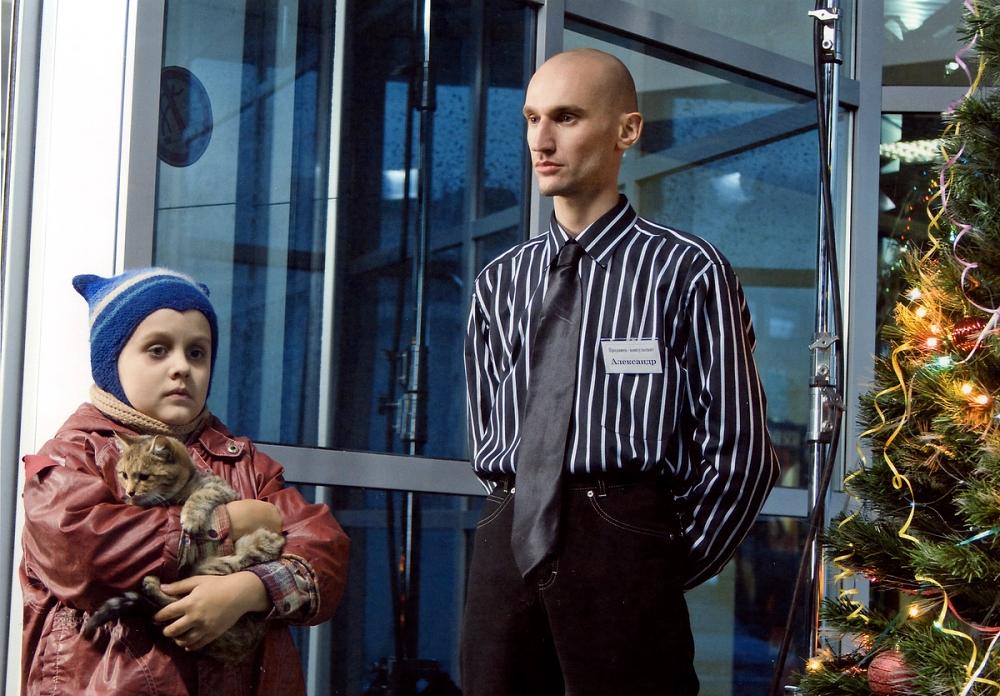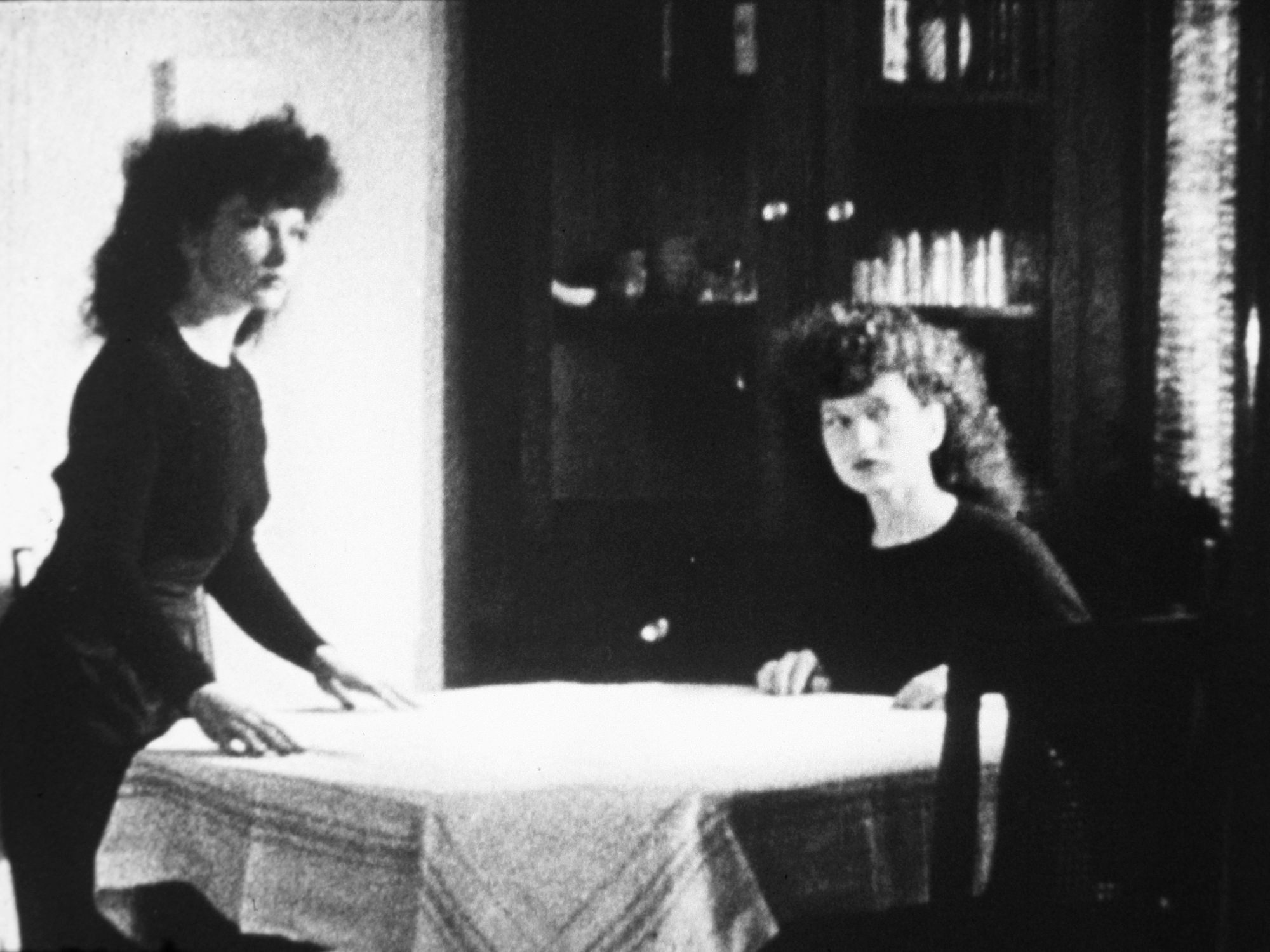


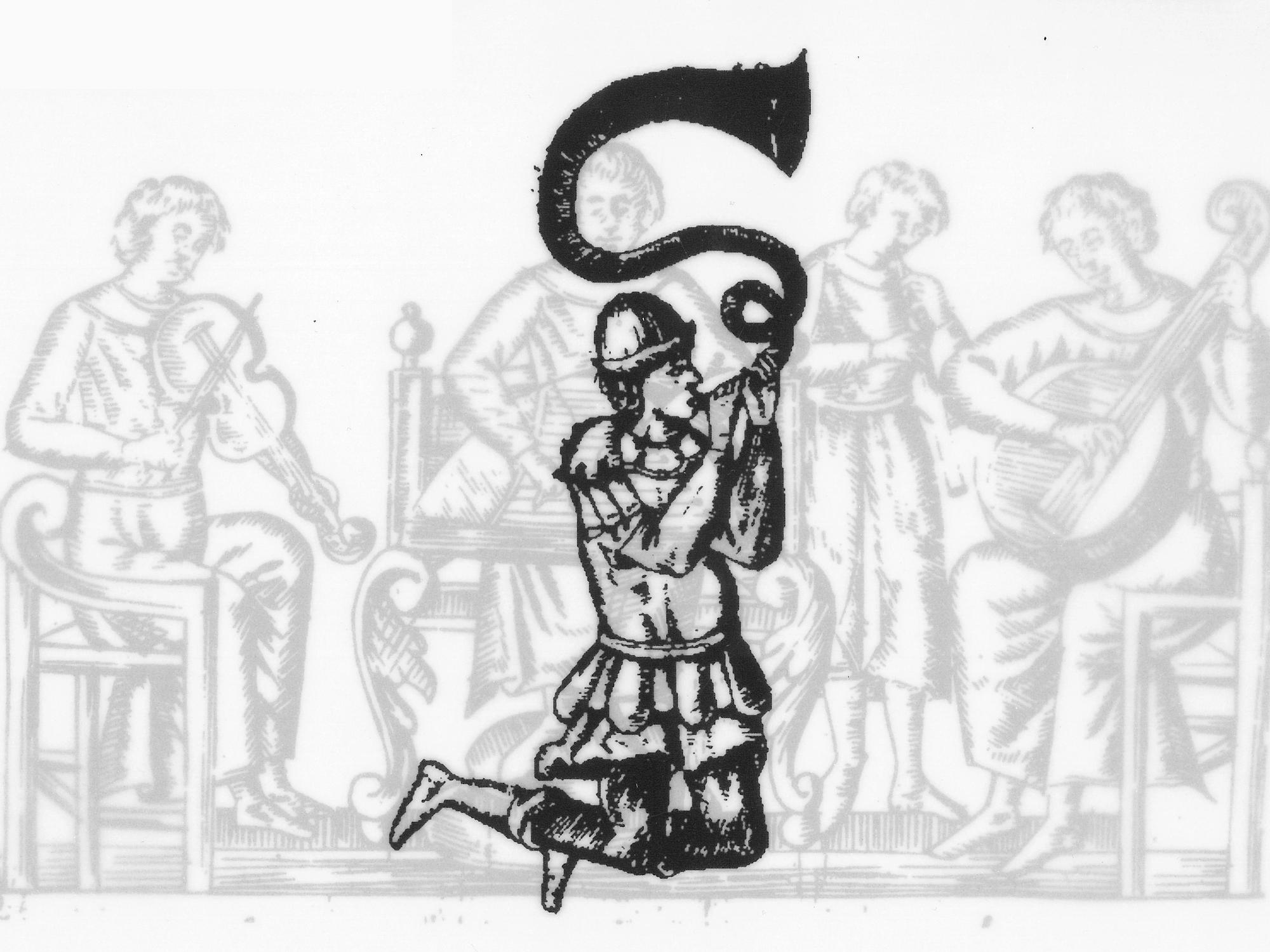
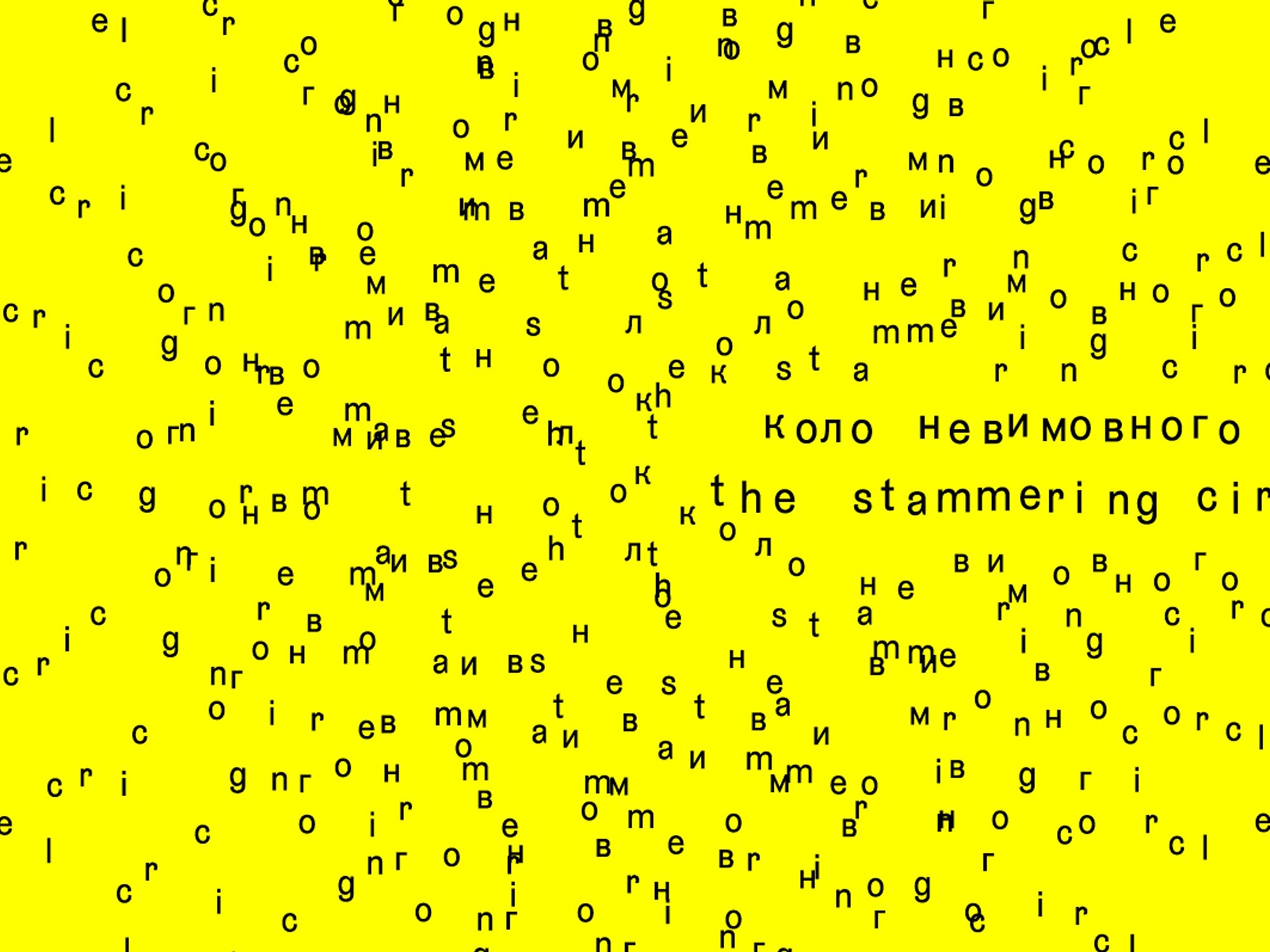
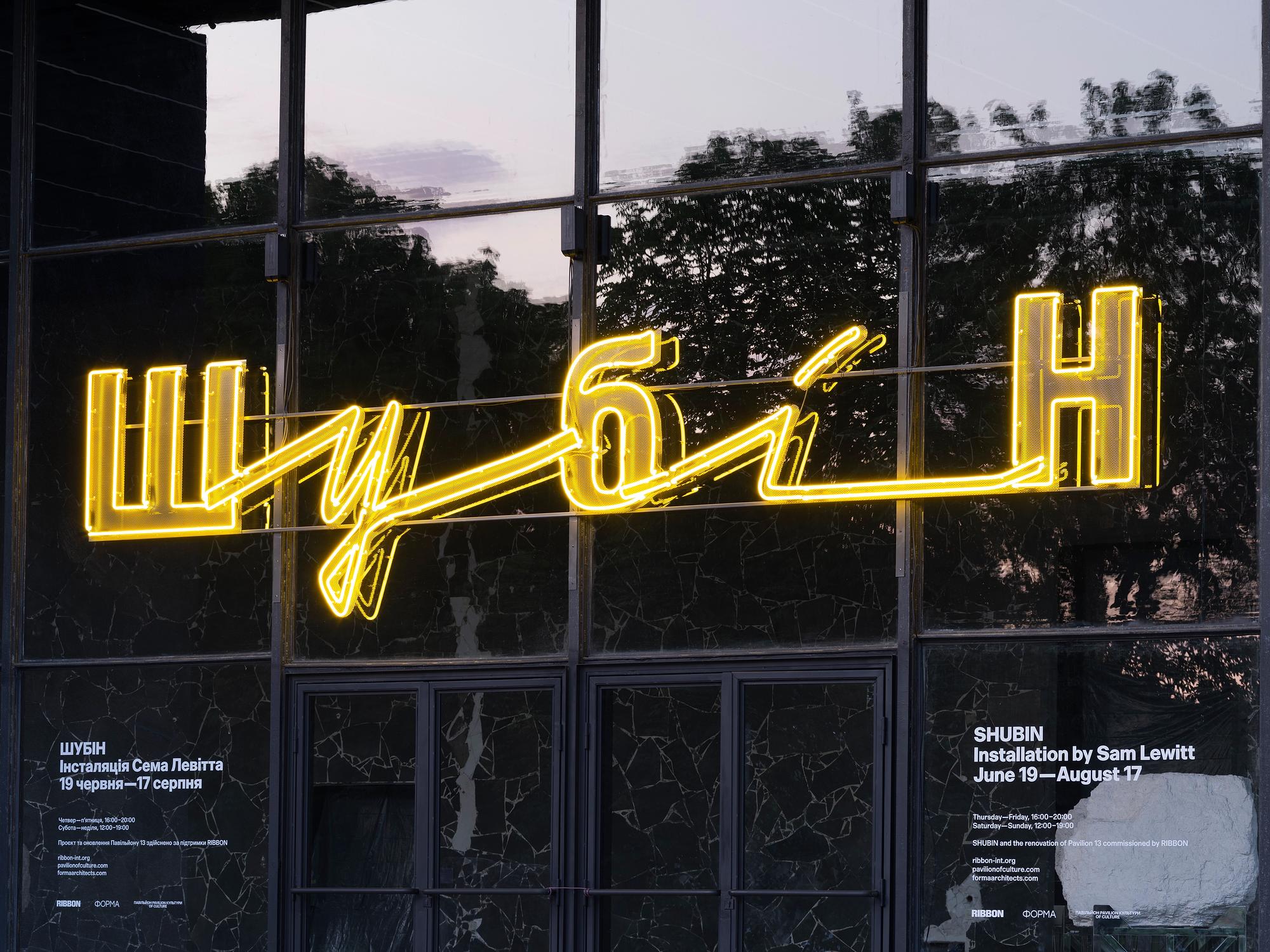
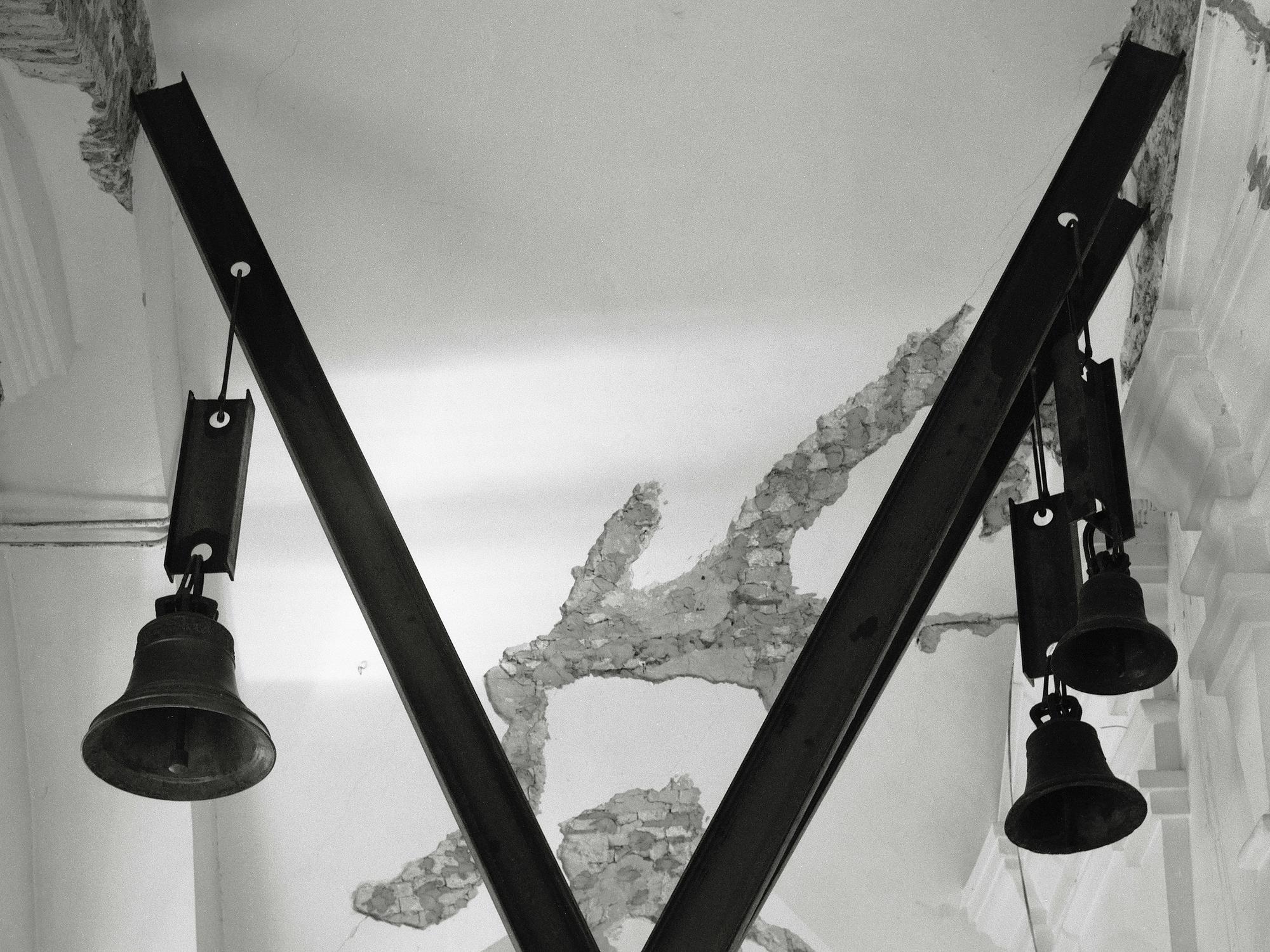
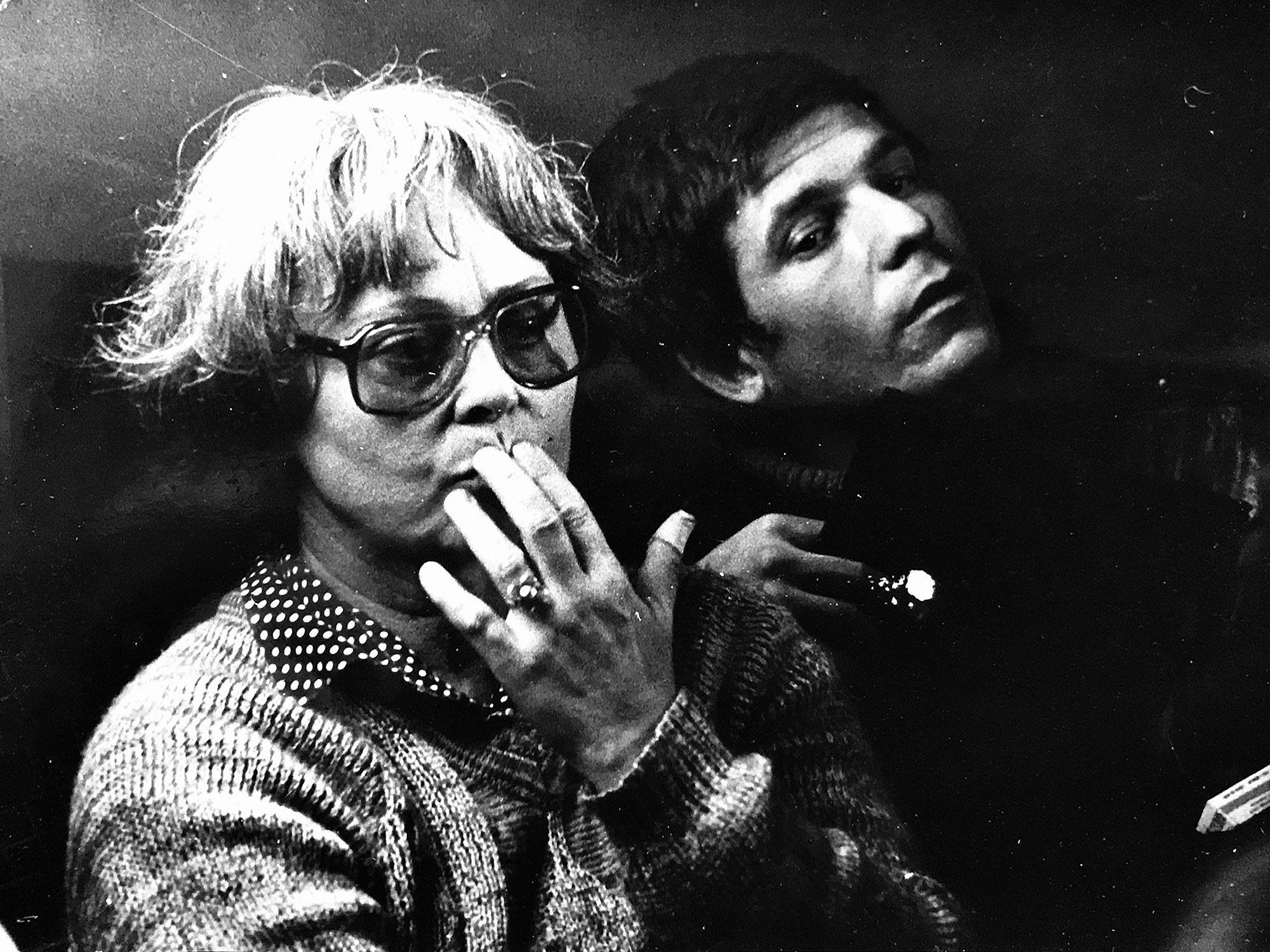
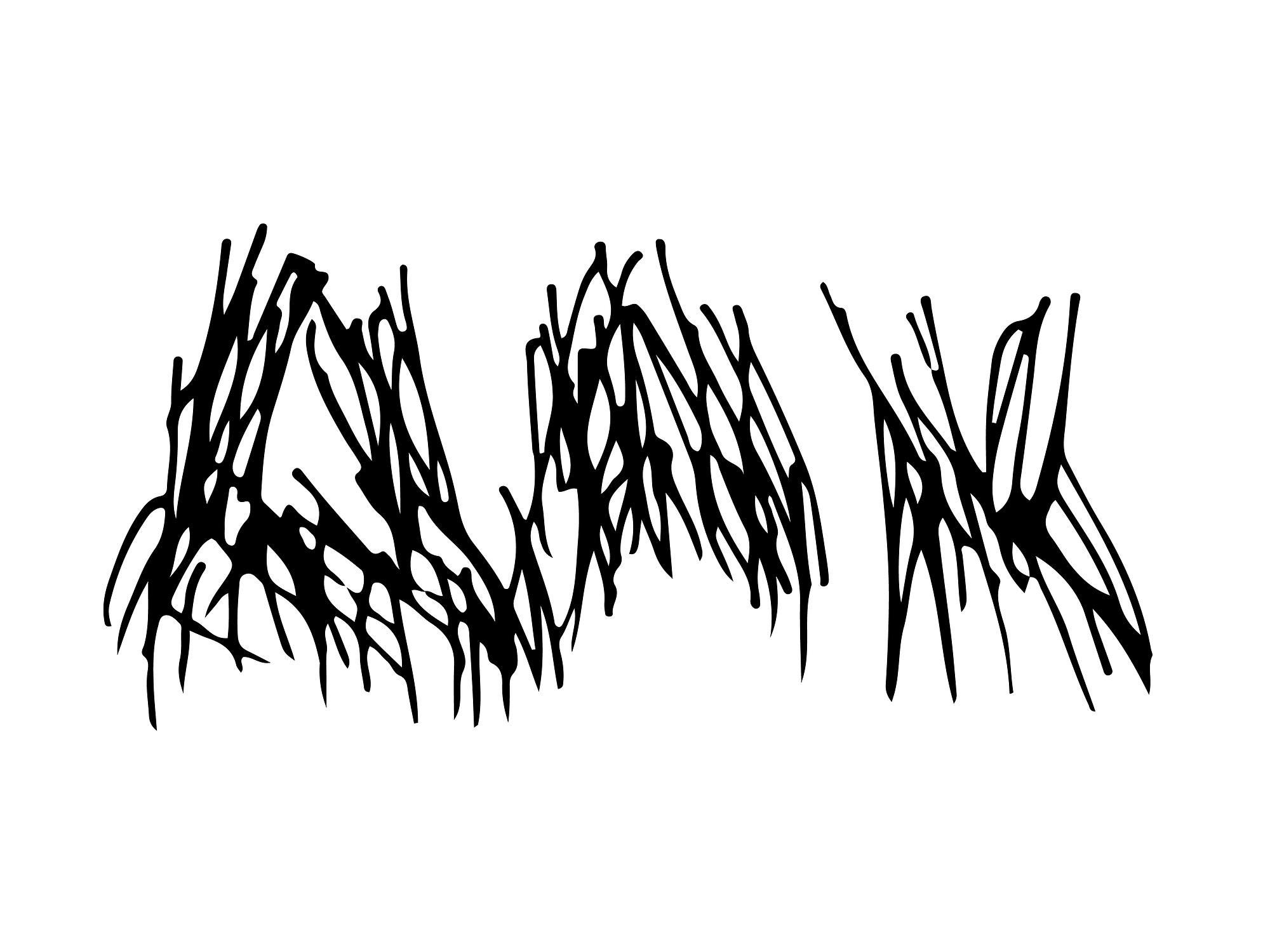

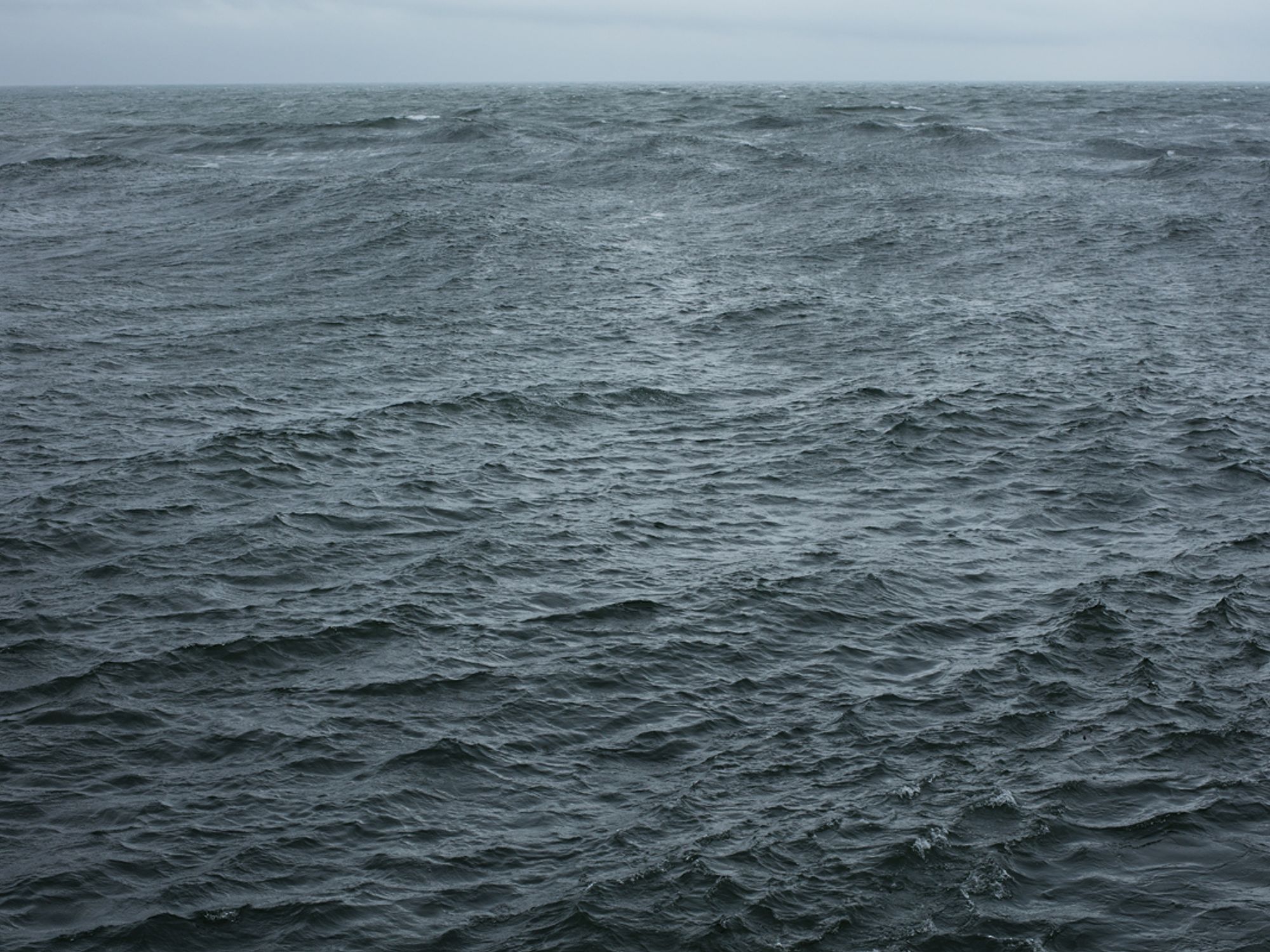
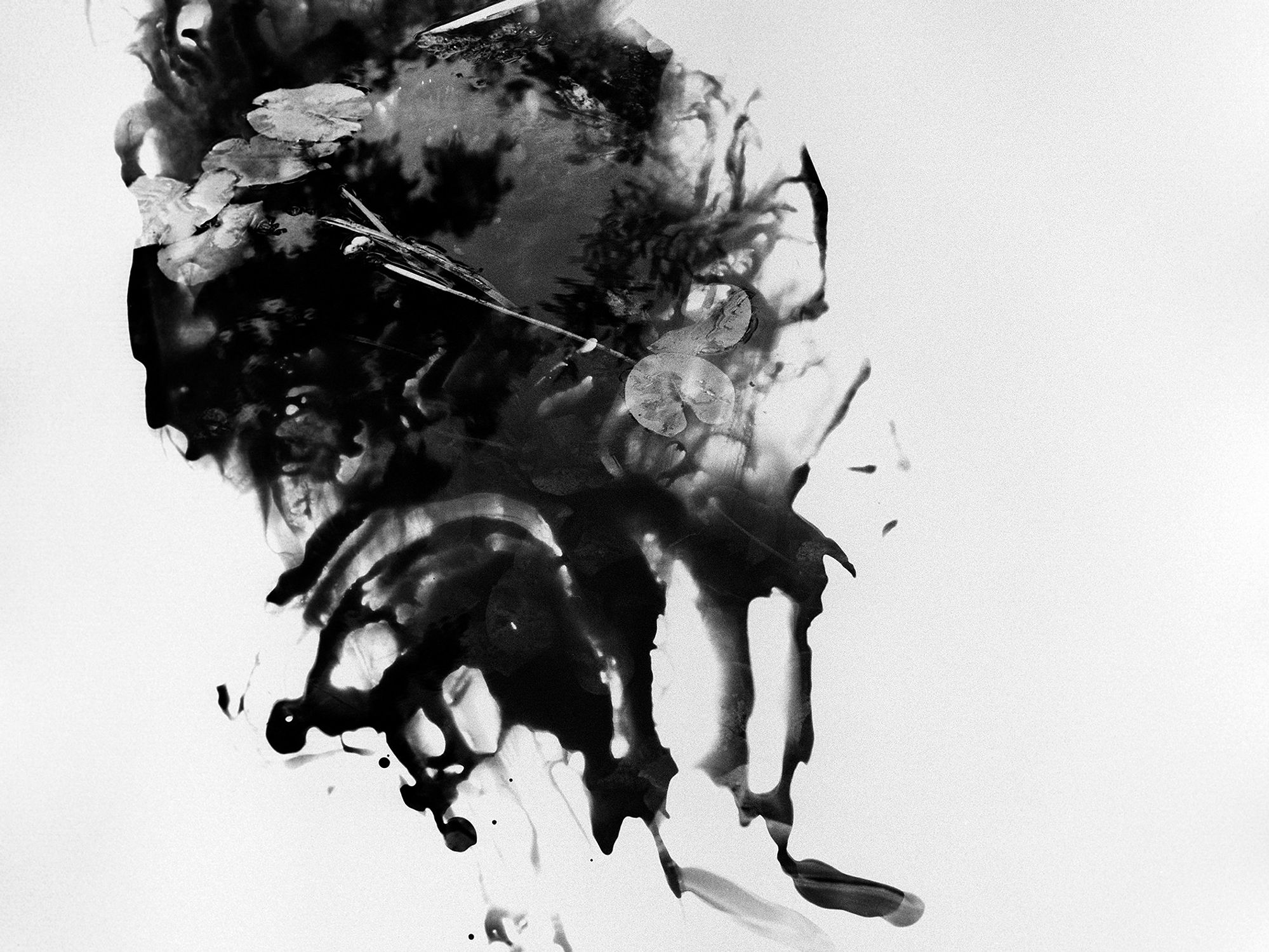

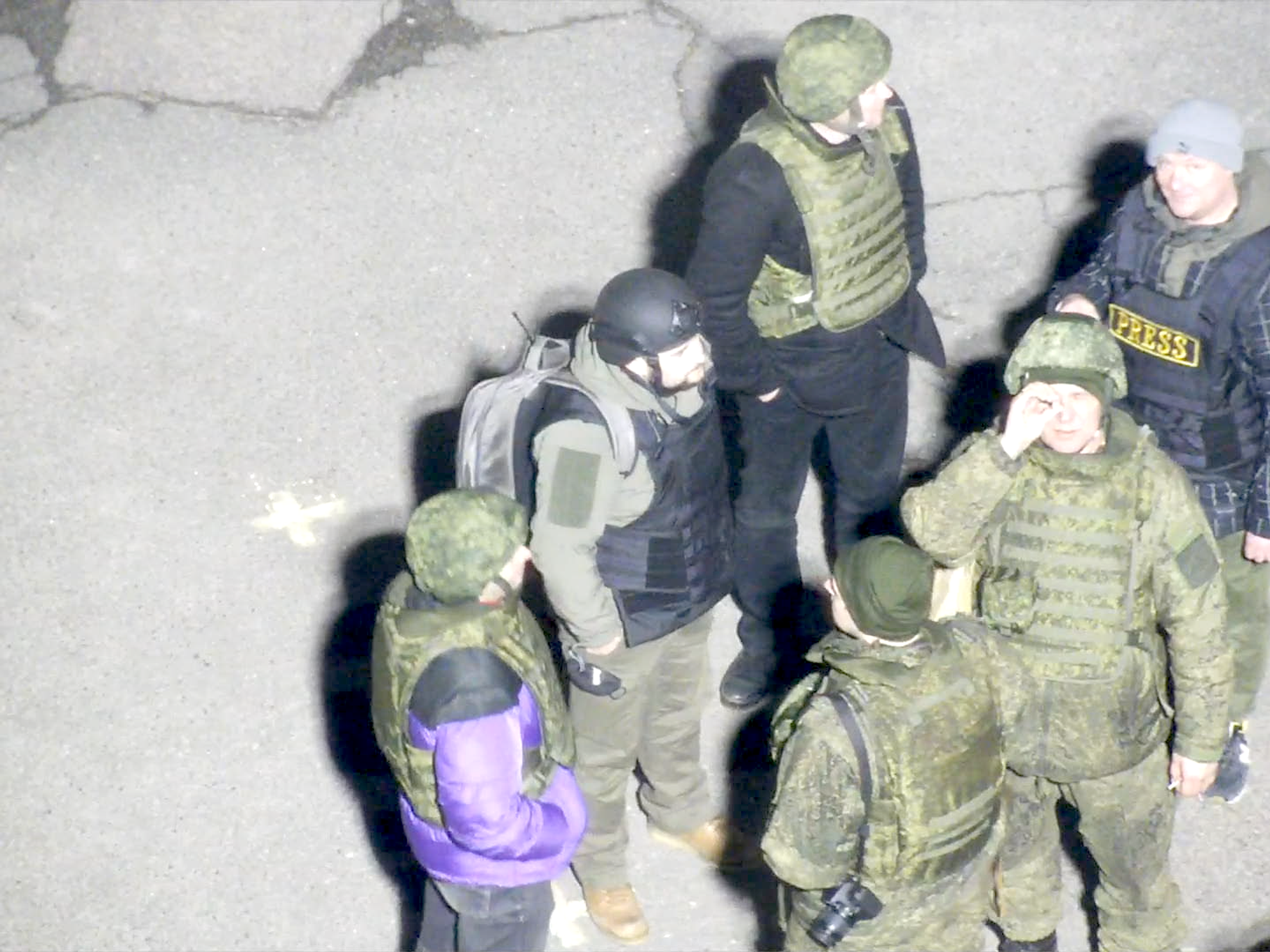


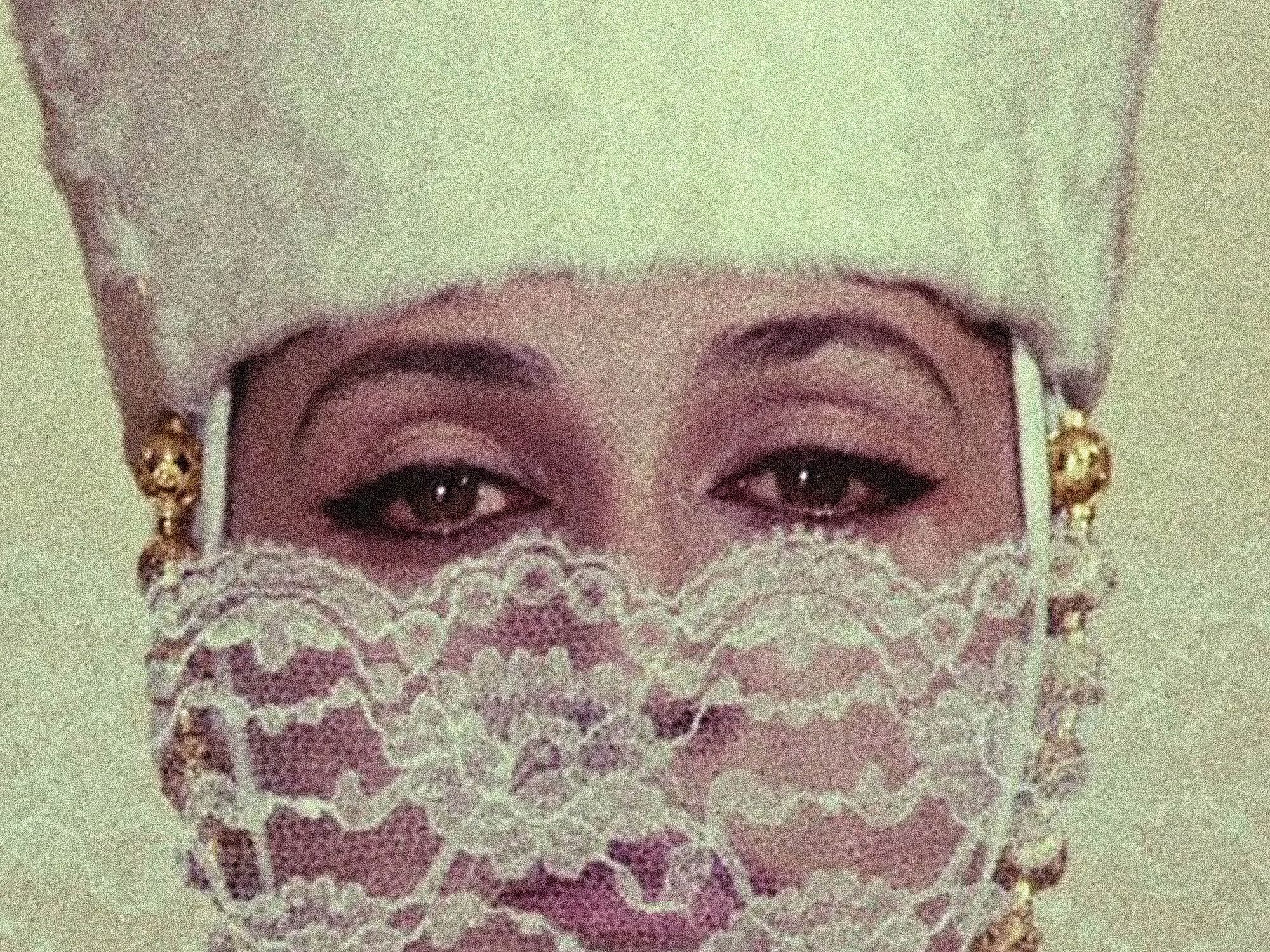
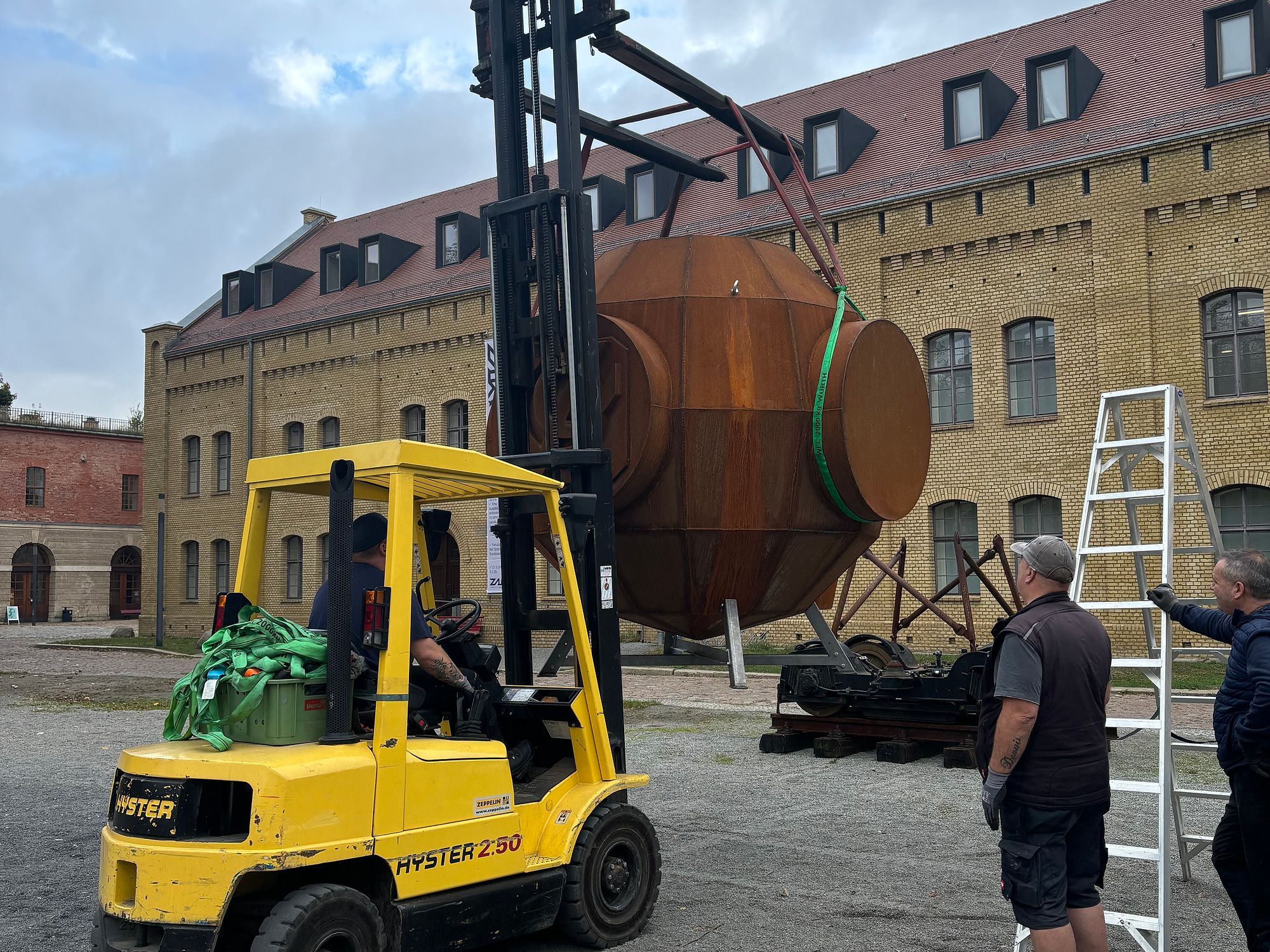
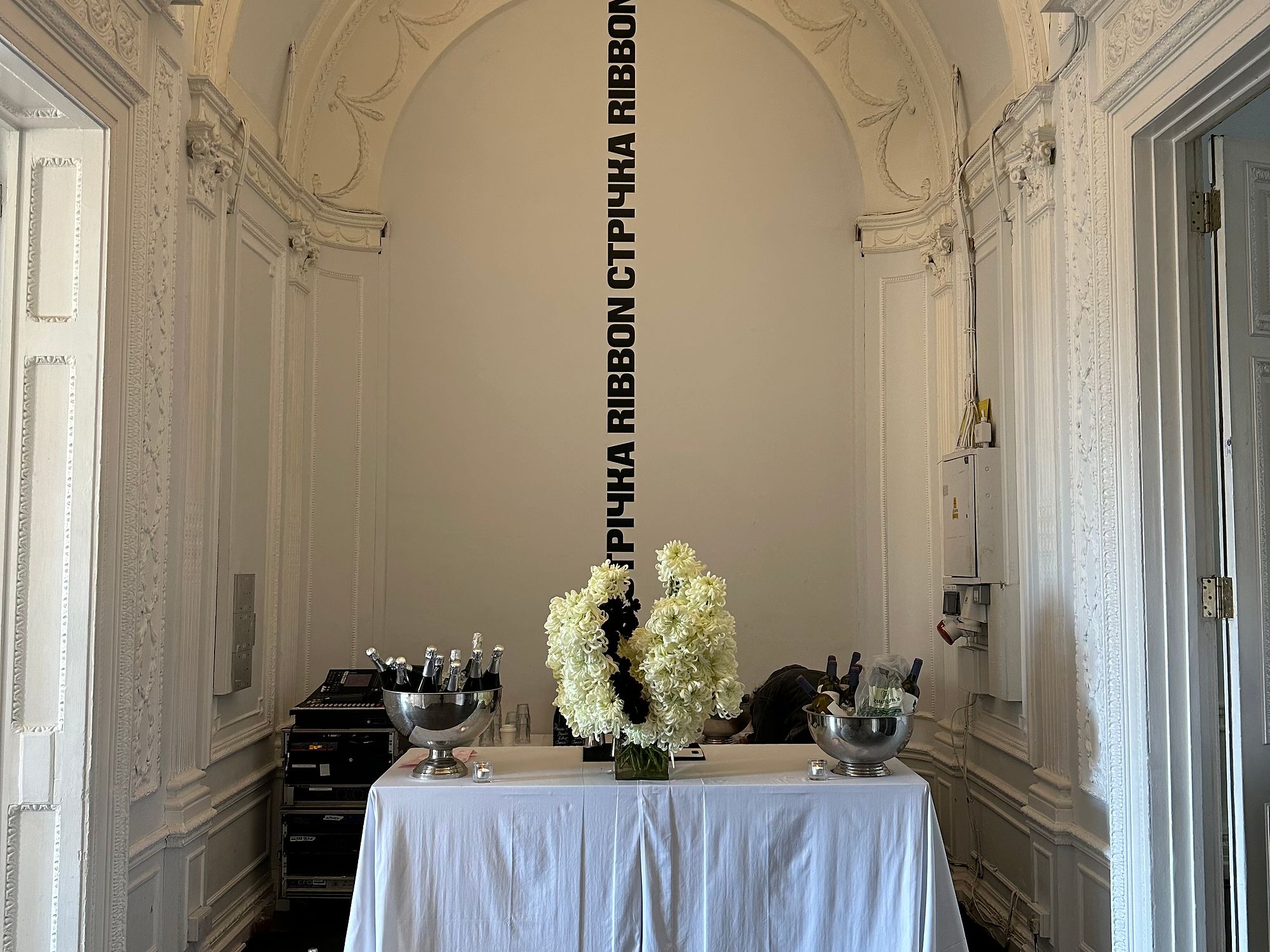

Faktura 10—Kira Muratova: Scenographies of Chaos, A 16-Film Retrospective of the Acclaimed Ukrainian Filmmaker
Film at Lincoln Center and Faktura 10, a core initiative of RIBBON International, announce “Kira Muratova: Scenographies of Chaos,” a retrospective of the acclaimed Odesan filmmaker whose career spanned from the early 1960s to her death in 2018. Running from May 16 through May 25, the series will celebrate Muratova’s wholly idiosyncratic vision, and opens with her signature work, The Asthenic Syndrome, presented in a new 4K restoration made possible by Janus Films. Comprising 16 films, the retrospective will feature a robust selection of Muratova’s greatest directorial achievements, as well as her appearances as an actor.
“Kira Muratova: Scenographies of Chaos” offers a rare opportunity to explore the complete body of work of a filmmaker who remained largely unknown to American audiences during her lifetime and has only recently come into widespread international acclaim. Muratova is now widely considered the greatest Ukrainian filmmaker of the last half century—and arguably one of the most influential women directors in cinema history. Deeply fascinated by eccentric characters and linguistic deviations, Muratova honed a distinctive style characterized by surreal and unexpected repetitions, refracting the experience of an unstable reality by way of outré storytelling devices. Caustic and misanthropic in life, Muratova nevertheless was touchingly humanistic in her films, radiating childish wonder, defiant hope, and sparkling irony.
Subject to extensive censorship by Soviet state and film commissions throughout the 1970s and ’80s, with repeated directives to heavily re-edit completed works, Muratova continued to write and direct films despite dire financial conditions and challenges to distribution. She also refused to put her name on her work when the studio’s extensive editing obfuscated her original voice. When censorship kept Muratova from working independently as a director, she accepted menial duties at the Odesa Film Studio. Reflecting on this point in her career, she emphasized her deep connection to filmmaking: “I love this profession. No, it’s more than that—I adore it. Filmmaking is a way of being for me, something embedded in me like a program in a computer. It’s my drug, my life. I make films for myself.”
Muratova was banned from filmmaking for almost 15 years after her two early masterpieces, Brief Encounters (1967) and The Long Farewell (1971), were condemned as un-Soviet by official censors. She fully returned to work and began to receive wider recognition when her once-shelved works were returned to public circulation under perestroika. Her genius would fully come into focus only in the context of an independent Ukraine, where she enjoyed greater creative freedom and acknowledgment. In the post-Soviet period, her films resonated with audiences and critics who respected Muratova’s unorthodox approach to the sociopolitical conventions and rituals of a society in transformation. Her greatest critical recognition came with The Asthenic Syndrome (1989), about a condition that causes people to sleep at the moment they are made to suffer, which won the Silver Bear Jury Grand Prix at the Berlinale. She continued to live and work in the port city of Odesa, one of her most significant sources of inspiration, until her death in 2018.
“Kira Muratova: Scenographies of Chaos” is curated by Marta Kuzma, Professor of Art at Yale University, and film scholar and writer Ivan Kozlenko, in cooperation with The Oleksandr Dovzhenko National Centre, Kyiv, and co-organized by Madeline Whittle. The retrospective is a part of Faktura 10, a program of RIBBON International. Co-presented with Janus Films.
FILMS & DESCRIPTIONSAll films screen in the Walter Reade Theater (165 W. 65th St.)
Our Honest BreadKira Muratova, Oleksandr Muratov, 1964, USSR/Ukrainian SSR, 100mRussian with English subtitles
Kira Muratova’s debut feature centers on Makar Zadorozhny, the elderly and wise head of a “kolkhoz” (collective farm) who is suspicious of bureaucratic meddling. After 35 years of leadership, he hands control to his ambitious son, Oleksandr. Using dishonest methods, Oleksandr boosts milk production with faulty machines and colludes with the Communist Party secretary. News of his mismanagement reaches Makar, who returns to sell his house to cover the damage caused by his son and help another struggling farm. Our Honest Bread was co-created with Muratova’s husband Oleksandr Muratov in the style of socialist realism under a noticeable influence of Oleksandr Dovzhenko’s pictorial lyricism. Full of communist pathos, overcrowded with characters and details of macabre Soviet collective farm life, the film now appears no less absurdist than Muratova’s later works. The film was re-edited multiple times due to censorship, eventually being released three years after the filming process was finished.
In commemoration of Oleksandr Muratov, who died on April 14, 2025Saturday, May 17 at 8:45pmWednesday, May 21 at 8:30pm
4K RestorationBrief EncountersKira Muratova, 1967, USSR/Ukrainian SSR, 96mRussian with English subtitles
Following three feature films produced with former husband Oleksandr Muratov, Kira Muratova introduced Brief Encounters as her first solo-directed film. Conveyed through a series of flashbacks, the film narrative unfolds around two women whose lives become unexpectedly entangled. Muratova proceeds to evolve a story around a love triangle concerning Valentina, a city council bureaucrat (played by Muratova herself); Maxim, her geologist partner (played by the legendary Soviet protest singer Vladimir Vysotsky); and Nadia (Nina Ruslanova), a young woman working as a waitress in a roadside cafe. Digressing from the socialist realist conventions, Brief Encounters unfolds as meditation around desire and longing and is largely centered around the core relationship between two women—a lover and a partner. One of several groundbreaking Soviet films made in 1966–67 at the close of the Khrushchev “thaw,” the film faced the wrath of censors who suppressed it for two decades. It’s precisely through formal experiments that Muratova, as a director, conveyed social realities and an uninhibited political consciousness. A Janus Films release.
Restored in 4K by STUDIOCANAL in collaboration with the Criterion Collection at L’Immagine Ritrovata/Éclair Classics.
Preceded by:The DoctorVolodymyr Bortko, 1973, Ukrainian SSR, 25m
Produced by graduate students from the Kyiv Film Institute and rediscovered in its archives in 2012, The Doctor features Kira Muratova—who at the time had been suspended from directing at the Odesa Film Studio—on screen in a minor yet engaging role as a desperate woman pleading with the titular oncologist to help her terminally ill husband. Because they were not intended for public distribution, student films of this period bypassed a rigorous censorship system and could be more experimental and daring.Saturday, May 17 at 6:15pmFriday, May 23 at 1:30pmSunday, May 25 at 3:30pm
4K RestorationThe Long FarewellKira Muratova, 1971, USSR/Ukrainian SSR, 97mRussian and English with English subtitles
Completed in 1971 but not fully released until the late perestroika period in 1987, The Long Farewell marks Kira Muratova’s second ‘provincial melodrama,’ centered on the relationship between a mother and her son. Realized with a liberated sense of experimentation, Muratova unfolds a story about Evhenia, a single mother (played by Zinaida Sharko) who has devoted her life to raising her son, Sasha (Oleh Vladymyrsky). Her maternal bond with Sasha is challenged in his adolescence when he, as a teenager, begins to spend summers with his father at geological excavations. This adventurous time spent away from his mother cultivates Sasha’s desire to move away from his overbearing mother. Muratova transfigures the resulting conflicts and reconciliations between the two characters into a lyrical psychodrama, a kinetic and atmospheric symphony suffused with resentment and love, sensitivity and obliviousness, obligation and freedom. A Janus Films release.
Restored in 4K by STUDIOCANAL in collaboration with The Criterion Collection at L’Immagine Ritrovata/Éclair Classics.Saturday, May 17 at 4:15pmThursday, May 22 at 9:15pmFriday, May 23 at 4:00pm
New 2K RestorationAmong Grey StonesKira Muratova, 1983, USSR/Ukrainian SSR, 87mRussian with English subtitles
Set in the 19th century, Among Grey Stones follows a family attempting to cope with the death of its young matriarch. Her husband, a judge, overcome by grief, becomes consumed by memories of his wife, resulting in his neglect of work and his children. Vasya, the couple’s son, tries to escape a home where everything serves as a reminder of his mother. He seeks refuge in a haven of eccentric outsiders—demoted generals, former aristocrats, and street philosophers—who have occupied the basement of an abandoned castle. It is here that Vasya forms a friendship with a boy his age named Valko and his younger sister, Marusya. When Marusya falls ill, Vasya secretly takes his sister’s doll from home in order to gift it to her, but the theft sparks a confrontation between father and son, culminating in their reconciliation. Framed within an armature of grim realism and pessimism, Among Grey Stones was heavily re-edited by the film studio and ultimately banned from public screening. In protest of these editorial decisions, Kira Muratova removed her name from the film credits. A Janus Films release.Sunday, May 18 at 6:45pmTuesday, May 20 at 8:30pm
Change of FateKira Muratova, 1987, USSR/Ukrainian SSR, 109mRussian with English subtitles
In this adaptation of W. Somerset Maugham’s play The Letter (1927), Kira Muratova posits Maria as the film’s enigmatic heroine—the vulnerable and sentimental wife of a colonial official who is accused of murdering her husband’s friend (and her lover) and subsequently imprisoned throughout the trial. Both Maria’s husband and her lawyer believe her version of events—the killing as an act of self-defense—in a testimony that is convincing and coherent. The unforeseen appearance of a letter, however, arrives to cast doubt on Maria’s original story. Despite this new evidence, the lawyer’s clever defense of Maria results in her acquittal. But the truth that the lawyer unintentionally reveals ultimately leads to a tragedy.
Change of Fate is the first film made by Muratova during perestroika, free from the censors she had been subject to in prior years. The film showcases the director’s distinctive style, which had been evident in earlier films, but here it is concentrated and more refined, with a polyphonic audio texture to accompany the visual style. The film represents Muratova’s first foray into the crime genre, a story type that would increasingly fascinate the filmmaker in later years. The outlandish secondary characters take on a grotesque quality, though it’s not quite the farce that would become Muratova’s central genre in the 1990s. With its themes of betrayal, sexism, and racial prejudice, the film offers a sharp, satirical critique of white supremacy, presenting it in exaggerated, grotesque forms. Rights courtesy of Janus Films.Sunday, May 18 at 8:45pmMonday, May 19 at 6:00pm
New 4K RestorationThe Asthenic SyndromeKira Muratova, 1989, Ukrainian SSR, 153mRussian, Ukrainian, English, and Romany with English subtitles
Written in 1989 just before the dissolution of the Soviet Union, The Asthenic Syndrome is often referred to as a portrait of an era. Central character Nikolai is an English high school teacher at an institution where the principal is struggling to implement revised pedagogical methods called for within the perestroika period. Work and family responsibilities distract him from his true passion—writing. In an effort to escape the despair, confusion, mysticism, and madness of a society in turmoil, he confronts the Dantean hell of late Soviet reality by falling asleep in inappropriate places at the most inappropriate times.
The Asthenic Syndrome is made up of two stylistically and thematically distinct parts that tell the story of two archetypal Soviet intellectuals—Nikolai, the teacher, and Natalia, a doctor—both of whom struggle with feelings of loss and inferiority. In the context of the profound dehumanization of Soviet society of that period, the normality of these characters, who retain the capacity to think and feel, becomes a form of deviation. The film stands apart from Kira Muratova’s previous work as, perhaps, her most radical critical statement. While it’s often seen as an unequivocal indictment of the Soviet project, for Muratova, the film symbolized the illusory nature of humanism and served as a judgment on humanity itself. The film won the Silver Bear when it premiered in the 1990 Berlin Film Festival. A Janus Films release.Friday, May 16 at 6:00pmTuesday, May 20 at 3:00pmSunday, May 25 at 12:30pm
The Sentimental PolicemanKira Muratova, 1992, Ukraine/France, 115mRussian with English subtitles
After completing critically rigorous The Asthenic Syndrome, Muratova shifted to films rooted in comedy and melodrama, developing adventurous plots using social reality as a backdrop. The Sentimental Policeman revolves around a humble law enforcement officer who unexpectedly discovers his deep and overwhelming attachment toward an abandoned baby found in a cabbage patch. After she is taken to an orphanage, the emotional connection he has developed leads him to search for her with the hopes of adoption. Although the setting in The Sentimental Policeman is never explicitly defined by the director, the location reveals itself as the southern Ukrainian city of Odesa, with its touristic atmosphere, vibrant local community, and patina of neglected historical architecture. From this film on, Muratova abandoned radical visual and editing experiments while adopting unexpected plot twists, outré characters, and absurdist dialogue, further developing the style she invented in the direction of simplification and theatricalization.Sunday, May 18 at 1:00pmMonday, May 19 at 8:30pm
Three StoriesKira Muratova, 1997, Ukraine/Russia, 113mRussian with English subtitles
Three Stories presents three tales of domestic murder carried out by three characters: Tykhomirov, a clerk who kills his promiscuous landlord; Ophelia, a hospital record archivist who takes revenge on her mother for abandoning her as a child; and a girl who poisons her babysitter with rat poison. Originally, Kira Muratova intended these stories to be read as “horror” but opted to exaggerate them within a grotesque style that renders them instead as ironic and farcical. Three Stories marked the beginning of Muratova’s fascination with complex, multilayered narratives composed of individual, often anecdotal stories, interwoven with the unexpected yet inevitable. Rights courtesy of Janus Films.
Preceded by:Letter to AmericaKira Muratova, 1999, Ukraine, 20mRussian with English subtitles
Between recording a video letter to his friends in America, a bohemian writer, Ihor, drops in on his tenant Lena to demand the rent—the only income he has to live on. Lena, who is several months behind in payments, offers to pay by other means. Framed as an artist video, the film was shot in two days within Muratova’s apartment in Odesa and features the writer Serhiy Chetvertkov, who also wrote the screenplay, and Ute Kilter, an art critic and performer prominent in Odesa at the time.Wednesday, May 21 at 3:15pmThursday, May 22 at 6:30pm
Minor PeopleKira Muratova, 2001, Ukraine, 107mRussian with English subtitles
Vera house-sits an uncompleted mansion in an upscale part of Odesa where the recently affluent are relocating. When her roommate creates a scene, Vera calls for help from Vasia, a district doctor who happens to be passing by. In trying to calm her agitated partner with a gasoline canister, the doctor accidentally kills him. Vera and the doctor decide to dispose of the body within a suitcase, when the mansion’s owner returns, only to be preoccupied with settling a score with his ex-fellow schoolteacher, now a killer. Filmed during a time when Ukraine’s first wave of nouveau riche was emerging, Kira Muratova’s absurdist sitcom is driven by bizarre antics and repetitious, exaggerated speech to parody the flamboyant and unpredictable, forming what Muratova referred to as a psychocomedy.Friday, May 23 at 9:00pm
Chekhov’s MotifsKira Muratova, 2002, Ukraine/Russia, 120mRussian and Church Slavonic with English subtitles
Petro, a student and the eldest child of a large and devout rural family, is about to leave for the city to study. At dinner, he asks his father for money, and an argument unexpectedly ensues. To avoid an escalating confrontation, Petro opts to immediately leave home. A random driver offers him a ride into the city, but suggests they first attend a wedding at a local village church where mafiosi from the neighboring city get married. Filmed in real time, the Orthodox wedding ceremony in Chekhov’s Motifs translates into a “vanity fair.” Far from feeling any religious devotion, the guests grow increasingly bored while the exhausted groom begins to hallucinate from fatigue. Kira Muratova builds this scene as a critique of the post-Soviet obsession with public displays of devotion to religion, emphasizing with irony how spirituality has become employed as mere ornament. Seeking the meaning of death and its symbolism, Muratova reminds the viewer of the illusory nature of the majestic and the revered.Tuesday, May 20 at 6:00pmSaturday, May 24 at 12:45pm
New 2K RestorationThe TunerKira Muratova, 2004, Ukraine/Russia, 155mRussian with English subtitles
The Tuner is a satirical crime drama about two swindlers—Andryusha, a poor musical instrument tuner, and Lina, the spoiled daughter of wealthy parents with whom Andryusha is in love. Both plot to exploit Anna Serhiyivna, a wealthy aristocratic widow who gathers her friends and artists, and her friend Lyuba, a widowed commoner who dreams of remarrying. Becoming a frequent guest at Anna Serhiyivna’s house, Andryusha earns the trust of the two. But Lina’s insatiable desires, fueled by his love for her, push Andryusha into a complicated scheme. Located and filmed in Odesa, The Tuner returns to Kira Muratova’s earlier theatrical aesthetics employed in Chekhov’s Motifs. While examining the nature of sanctimony, Muratova seems to suggest that living in an illusion is worth the cost. A Janus Films release.Sunday, May 18 at 3:30pmThursday, May 22 at 3:15pmSunday, May 25 at 6:00pm
Two in OneKira Muratova, 2007, Ukraine, 130mRussian with English subtitles
Two in One is a fitting title for Kira Muratova’s film structured in two parts that intertwine with one another. Part one revolves around the suicide of an actor that takes place backstage at a theater during a New Year’s Eve performance. The death stirs up some trouble, but only minimally disrupts the evening’s scheduled events. Opening to a sold-out house, the performance provides a smooth transition into the film’s second part, which unfolds within the chambers of an elderly erotomaniac seeking a new object for his pleasures. Muratova tapped Bohdan Stupka, widely regarded as one of the greatest Ukrainian actors of his time (before serving briefly as Ukraine’s Minister of Culture), for the lead role and complemented his extraordinary performance by casting her favorite actresses: the larger-than-life Renata Litvinova and the neurotic Natalya Buzko, two familiar faces of her films from the 1990s and 2000s. Rights courtesy of Janus Films.Saturday, May 24 at 3:15pmSunday, May 25 at 9:15pm
Melody for a Street OrganKira Muratova, 2009, Ukraine, 153mRussian and Ukrainian with English subtitles
A young brother and sister, half-siblings who have recently lost their mother, are about to be separated to different orphanages. Unable to bear the thought of being apart, they escape into Kyiv in search of their long-lost fathers. It’s Christmas Eve, and the city has been transformed into a festive fairground full of caroling, sweet scents, and the prospect of possible miracles. As the children wander through the city, ignored by adults absorbed in their own affairs, they encounter a parade of eccentrics. Departing loosely from Hans Christian Andersen’s A Little Match Girl, Melody for a Street Organ recalls Kira Muratova’s 1983 film Among the Grey Stones in its approach to children, laying bare the director’s deep misanthropy toward a world in which only children and animals might be worthy of compassion. Rights courtesy of Janus Films.Friday, May 23 at 6:00pmSaturday, May 24 at 8:15pm
Eternal HomecomingKira Muratova, 2012, Ukraine, 116mRussian with English subtitles
Kira Muratova’s final film, Eternal Homecoming is a meditation upon the director’s own perspectives and approaches with respect to acting, directing, and filmmaking, in which she strips down the device of tautological repetition that often shapes her characters’ dialogues into a fundamental structuring element of the narrative. A woman is paid a visit by a classmate after many years of separation. The visitor seeks out advice—should he choose his wife over his lover? As he asks these questions, the woman struggles to understand which half of a pair of twin brothers she happens to be encountering. By re-staging a cinematic variation on Gertrude Stein’s line, “A rose is a rose is a rose is a rose,” Muratova emphasizes the limits of repetition outside of literature. Life, she suggests, is never truly the same—it is always more than itself. At least, that is, until it is absorbed by death.
Wednesday, May 21 at 6:00pm
Saturday, May 24 at 5:45pm
